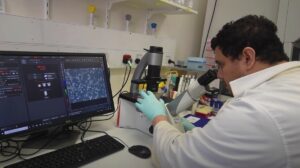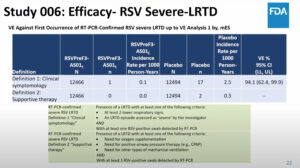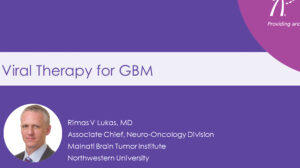NEW YORK (Reuters Health) – There is “compelling evidence” for a benefit of statins in chronic obstructive pulmonary disease (COPD), but the evidence is not yet strong enough to expand statin indications beyond vascular protection, Canadian researchers report in the September issue of the journal Chest.
In addition to a proven role in lowering high cholesterol levels, statins also have anti-inflammatory and immunomodulatory pleiotropic effects postulated to be beneficial in COPD, Dr. John Swiston, from the University of British Columbia, Vancouver, and colleagues note in their report.
In a systematic review, Dr. Swiston’s team analyzed nine studies that evaluated the effect of statins in COPD patients. Only one was an interventional randomized controlled trial, however. The other 8 were retrospective cohorts, case-control studies, or epidemiologic analyses.
Individually and collectively, the studies showed benefit from statins in a number of COPD-specific outcomes, including lung function and exercise capacity, COPD exacerbation rates, COPD-related hospital admissions and intubations, and COPD-related mortality.
The researchers emphasize, however, that due to a lack of data from randomized controlled trials, the current evidence is not enough to support a change in clinical practice.
“Multiple observational studies in the setting of biological plausibility paints a compelling picture but is not sufficient to justify routine clinical use of statins for COPD patients,” Dr. Swiston noted in an email to Reuters Health.
“However, the current literature is sufficient to ethically and financially justify large well designed randomized controlled prospective studies. These types of studies, if properly carried out, will provide stronger evidence either supporting or refuting the utility of statins as part of medical therapy for COPD,” Dr. Swiston added.
He and his colleagues conclude, “A therapeutic intervention that positively affected outcomes, such as hospitalization and mortality rates in patients with COPD, potentially could have a huge beneficial impact on the individual, social, and economic consequences of this disease.”




